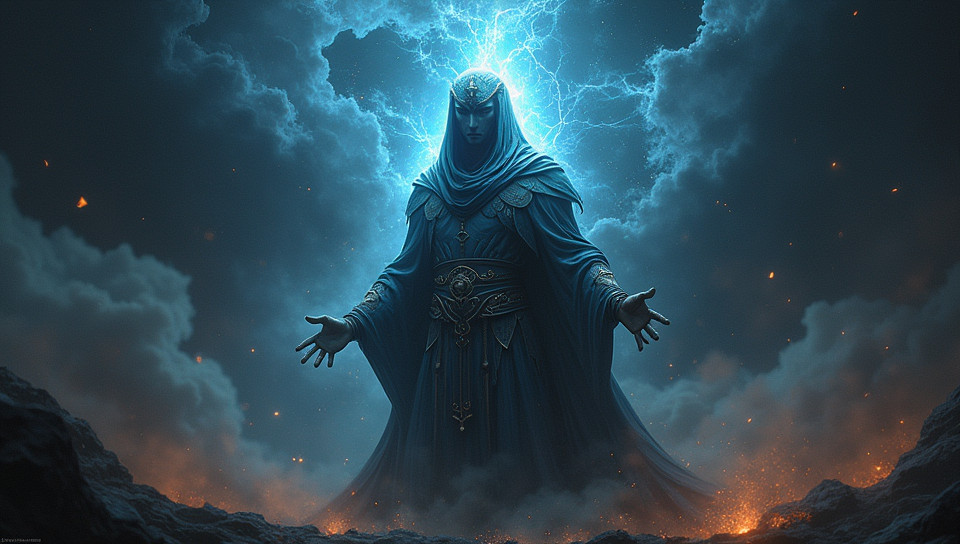Supernatural abilities are key elements in many magical systems 27%

Unlocking the Mysteries of Magical Systems
In the realm of fantasy and fiction, magical systems have captivated audiences for centuries. From the wizarding worlds of Harry Potter to the mystical realms of anime and manga, these systems often rely on a set of rules and principles that govern the use of magic. One key element in many of these systems is the concept of supernatural abilities. These extraordinary powers allow individuals to tap into forces beyond the physical world, granting them access to a wide range of magical feats.
The Importance of Supernatural Abilities
Supernatural abilities are often at the heart of a magical system's functionality. They provide a means for characters to interact with and manipulate their surroundings in ways that defy the laws of physics and reality. This can include telekinesis, telepathy, shape-shifting, and elemental control, among others.
Examples from Popular Magical Systems
Let's take a look at some examples of supernatural abilities from popular magical systems:
- Telekinesis: The ability to move objects with one's mind is a staple in many fantasy worlds. From Harry Potter's levitating books to the anime series "Naruto" where characters can manipulate objects with their chakra, telekinesis is a fundamental aspect of magic.
- Elemental Control: Many magical systems feature characters who can control and manipulate elements such as fire, water, earth, and air. This ability is often tied to specific powers or abilities that allow individuals to summon, manipulate, and shape these elements.
- Shape-Shifting: The ability to transform into an animal or other form is a common supernatural ability in many magical systems. From werewolves to shapeshifters like the "Furiosa" from Mad Max: Fury Road, this power allows characters to tap into their primal instincts and adapt to different situations.
The Role of Supernatural Abilities in Magical Systems
Supernatural abilities play a crucial role in shaping the narrative and world-building within magical systems. They can be used to:
- Create conflict: Supernatural abilities can lead to conflicts between individuals with differing powers or motivations.
- Drive character development: As characters learn to control and master their supernatural abilities, they often undergo significant personal growth and transformation.
- Enhance world-building: Magical systems that rely on supernatural abilities often have richly detailed histories, cultures, and mythologies.
Conclusion
Supernatural abilities are a fundamental aspect of many magical systems, allowing individuals to tap into forces beyond the physical world. By examining examples from popular magical systems, we can see how these abilities shape the narrative, drive character development, and enhance world-building. Whether in fiction or reality, supernatural abilities continue to captivate audiences and inspire imagination. As we continue to explore and create magical systems, let us not forget the importance of these extraordinary powers that bring magic to life.
- Created by: Dhruv Kumar
- Created at: Jan. 7, 2025, 5:22 p.m.
- ID: 17481

